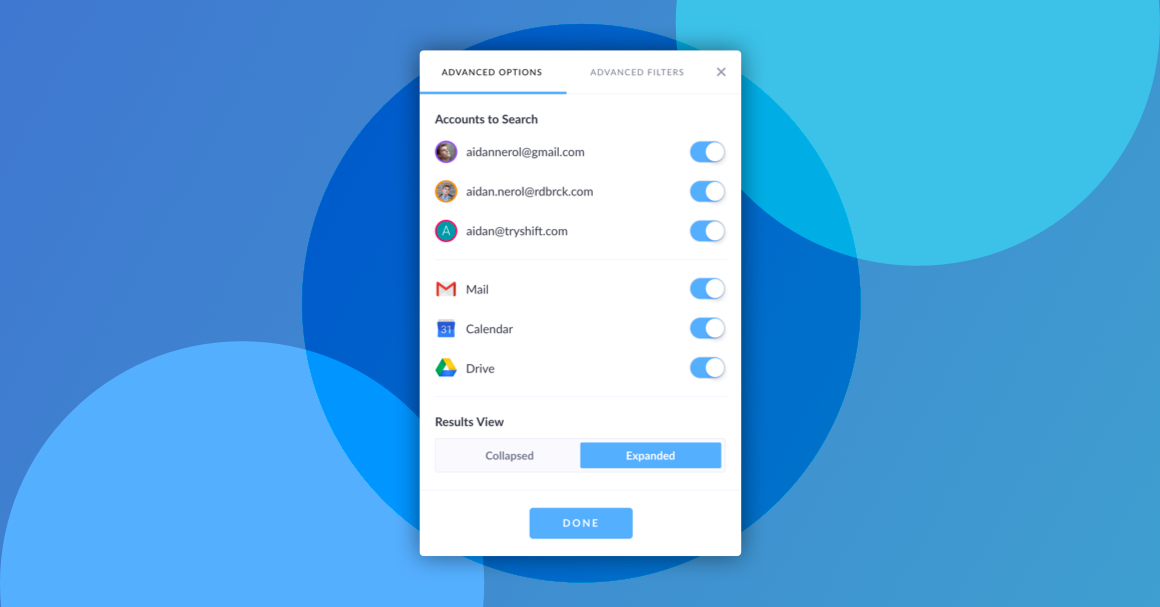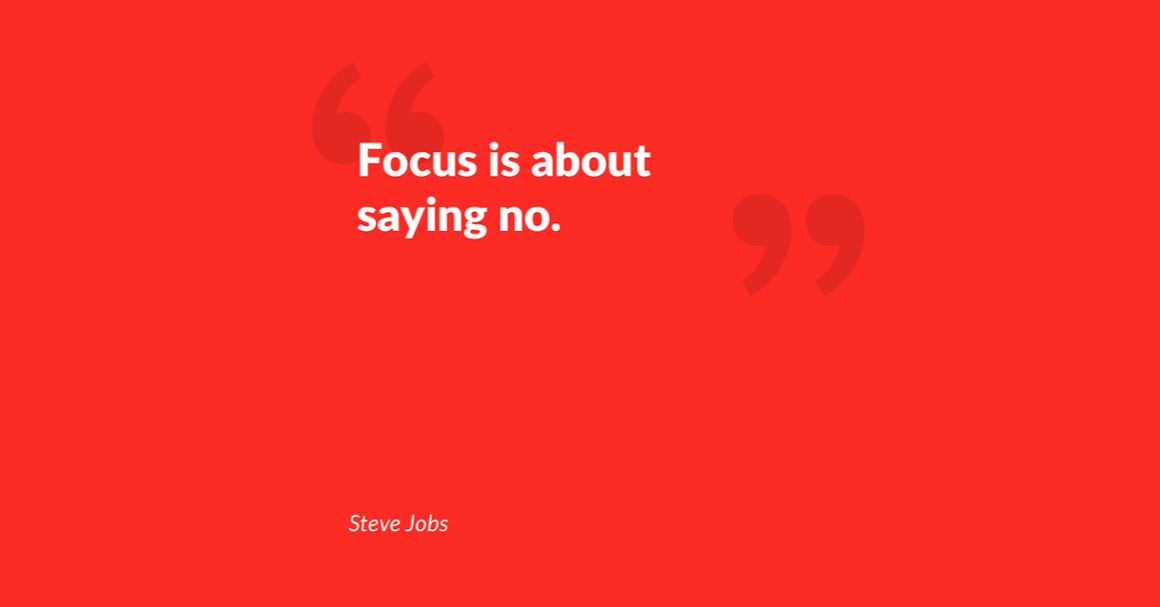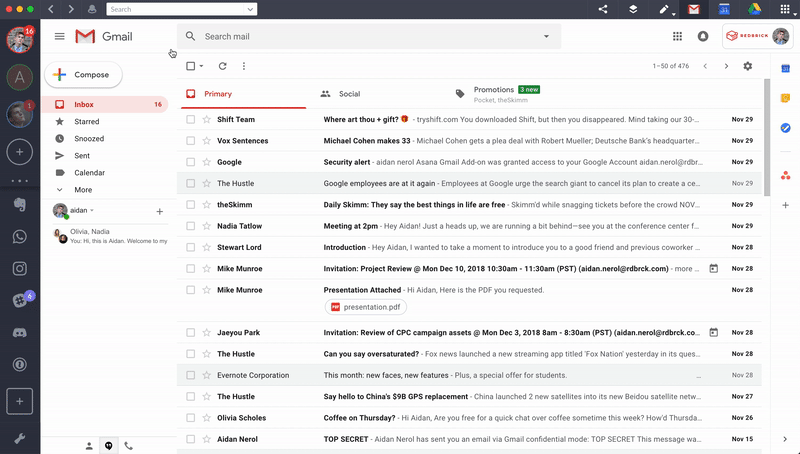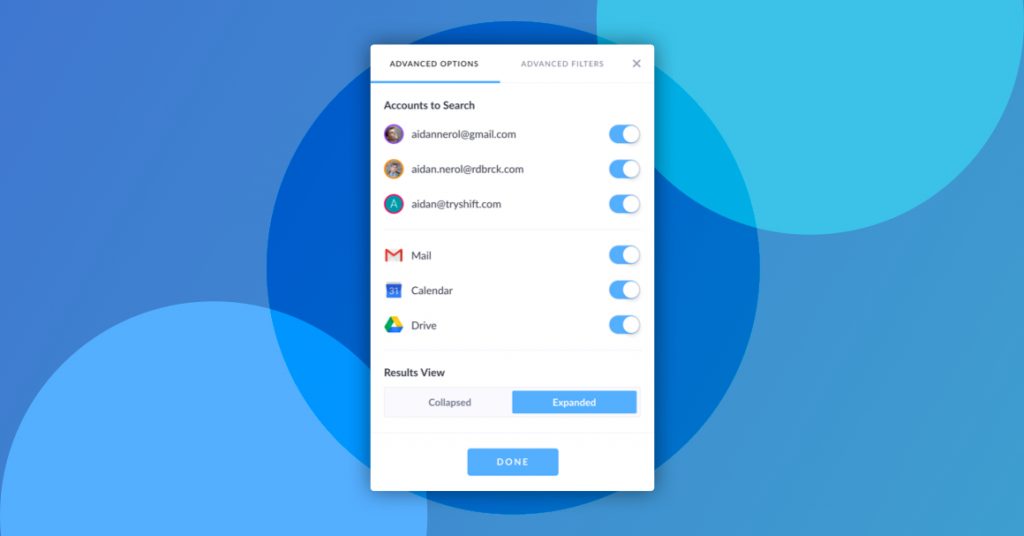Over-commitment is one of those things that serves no purpose other than to kill, steal your focus, and ruin productivity.
But, for some inexplicable reason, we find ourselves continually committing our time and attention to new projects despite having schedules that are already bursting at the seams.
Consider this scenario, for example:
You:
*Chin deep in projects (and trying not to cry)*
Teammate who is less busy:
“Hey! So, I know you’re working on like 23 projects this week.
And have 11 meetings scheduled.
Oh, and you’re helping train the new hires. LOL.
But, could you jump onboard with the new Facebook campaign we’re trying to finalize by tomorrow? J”
Your brain:
Don’t say it
Don’t say it
Don’t say it
Don’t say it
Don’t say it
Don’t say it
Don’t say it
You:
“Of course!”
The accuracy, right?

The Psychology of ‘Yes’
For many of us, overcommitting ourselves seems to be as natural of an instinct as blinking.
…and that’s because it is.
According to PsychologyToday, the excessive urge to please everyone and always say yes comes from our innate (and sometimes unconscious) fear of the conflict, disappointment, or hurt that could result from declining to help others.
So, while playing the superhero role of stretching yourself too thin just to keep others happy may seem like a saving grace, it’s doing a number on your productivity.
If you’re having a hard time believing that, here are a few others who echo this fact:
- Overworking significantly reduces productivity (Grammarly)
- Saying yes to unreasonably urgent, unimportant, or any extra work is a productivity killer (Lifehack)
- One of the most common productivity mistakes is saying yes to requests that you have no room in your schedule for (Productivity Flourishing)
Overcoming the Battle of ‘Yes’
The first and most important step in the process of unlearning ‘yes’ is acknowledging the culprits or the reasons why you’re inclined to say ‘yes’ to the point of exhaustion, over-commitment, and ultimately unproductiveness.
Here are three of those reasons:
- You’re afraid of disappointing, hurting, or ending up in conflict with others: We’d argue that this is the most common reason why many of us find it so difficult to say no. Think about it, the last thing you’d want to happen is for someone to hold that ‘no’ against you and for it to ruin the relationship between you and them…forever. So, to appease any discomfort that may result from saying no, you agree to take on the new workload.
- You don’t understand the true cost of saying yes: More often than not, the biggest factor we consider prior to agreeing to take on a new commitment is time. While that’s a significant part of the equation, it’s not the full picture. Sure, there’ll always be a way to make time for new work: stay up a little later, get up a little earlier, half-ass a few other projects, and so on. But, the truth of the matter is that it costs a lot more than time to say ‘yes.’ Along with that time, you’re expending energy, attention, and sanity—things that can’t always be easily replenished when you’re stretched too thin.
- You undervalue your current workload: Another factor driving your desire to over-promise yourself may be an inability to appraise your current to-do list accurately. Despite all the signs that your workload is far too full, another innate tendency kicks in: optimism. You see, as humans, we struggle with this little thing called optimism bias, which is the belief that we are at a lesser risk of experiencing a negative outcome than others. So, in this case, when optimism bias kicks in, we are led to believe that adding just one more thing to our nearly-unmanageable workload won’t necessarily lead to us falling behind in our work or becoming overwhelmed—both of which are wrong.
Now that we know some of the main reasons we always say “yes,” let’s explore one of the most effective ways to protect your productivity: saying no.
The Art of Saying ‘No’ (at least sometimes)

Believe it or not, there is an art to saying no.
Since we’re clearly suckers for wanting to help others—especially when the request is coming from someone close to us, like family, friends, and coworkers—being able to decline takes skill, a little intention, and a lot of mindfulness.
This process is a form of rewiring your brain, so to speak, but it’s possible.
That said, here are a few tips to get you well on your way of becoming a No-Master (yes, we made that up):
- “Focus is about saying no” – The next time you’re itching to say yes, think about this simple quote from the late, great and super successful Steve Jobs. What this quote means is that in order to focus and be highly productive, you have to say no—and there’s no way around it. According to Jobs, it’s about knowing “what makes sense and what doesn’t.”
- High priority, high-impact – If the extra tasks you’re thinking about taking on don’t meet these two criteria, it’s probably best you say no to them.
- Weigh your existing obligations – Instead of trying to determine how much time you can shave off completing a different task just to be able to add another to your to-do list, try outlining a realistic timeline for finishing what’s already on your list. Then, use that data to determine if and when you should say no.
- There’s freedom in ‘no’ – Literally. And with that freedom comes confidence in what you’re doing, which is always a good thing.
All ‘No’s are Not Created Equal
If you’re still nervous about exercising your right to say no, we’ll end by saying that not all no’s are created equal.
In some cases, for instance, ‘no’ may simply mean not right now or maybe after I finish x and y. There’s no reason to feel bad about having this type of approach because, after all, the consequences that come from missing a deadline or falling behind in your schedule affect you, not others.
Honestly, what it all boils down to is balance. And the only way to balance your time, energy, attention, and sanity is to carefully assess all your priorities and make better decisions regarding what to add to your workload.
For starters, try adopting certain practices that enable you to say no so and stay focused. Doing things like setting personal project thresholds to keep you from overcommitting and using the Notification Muting feature in your Shift can create small wins.

So, what are you waiting for? Say no, crank up a killer productivity playlist, and be your best productive self.
Ten articles before and after
Use Google Hangouts in Gmail for Quick Chats
Gmail Snooze: Remind Yourself When You're Ready!
How to Mark and Manage Spam Mails in Gmail
The Multitasking Myth: How To Truly Increase Productivity
Apps to Help You Finish Christmas Shopping Early
Here's How to Edit Your Photos Using Google Photos
Here's How to Mark All Unread Emails as Read
1Password vs LastPass: the Best Password Manager?
